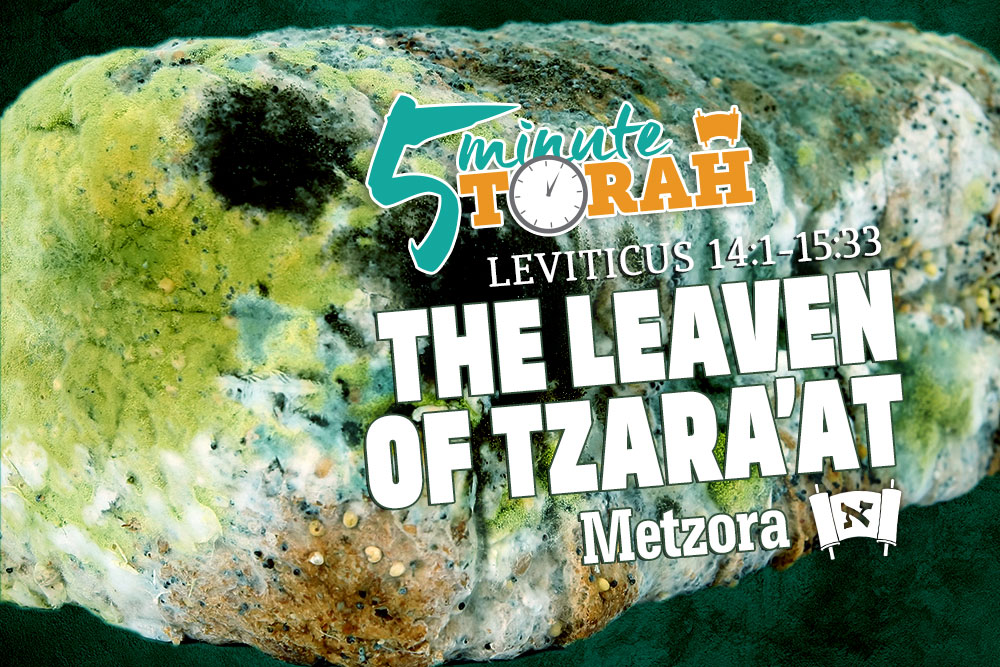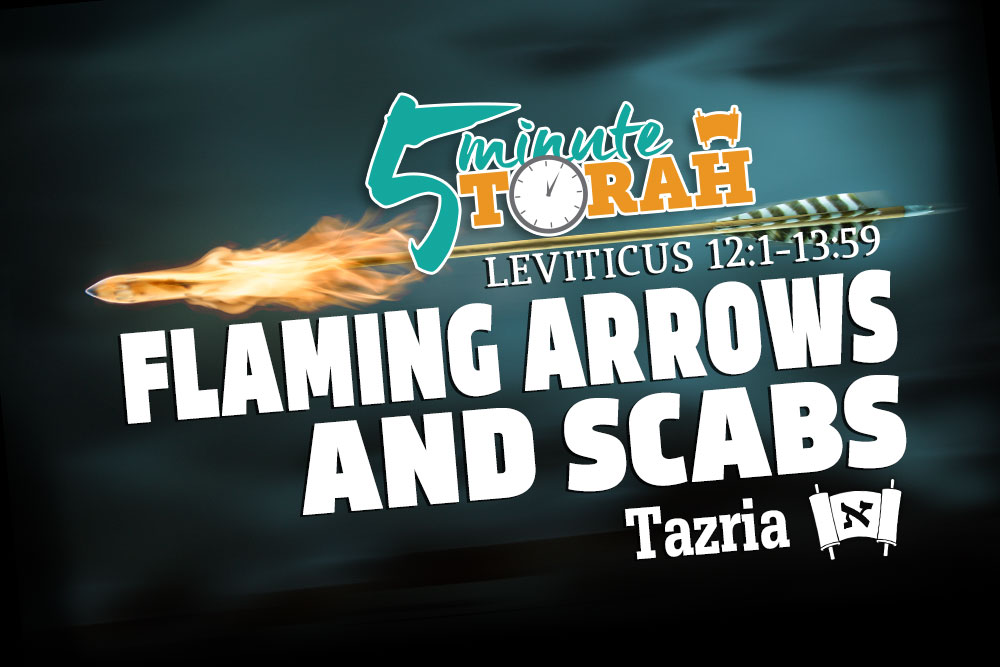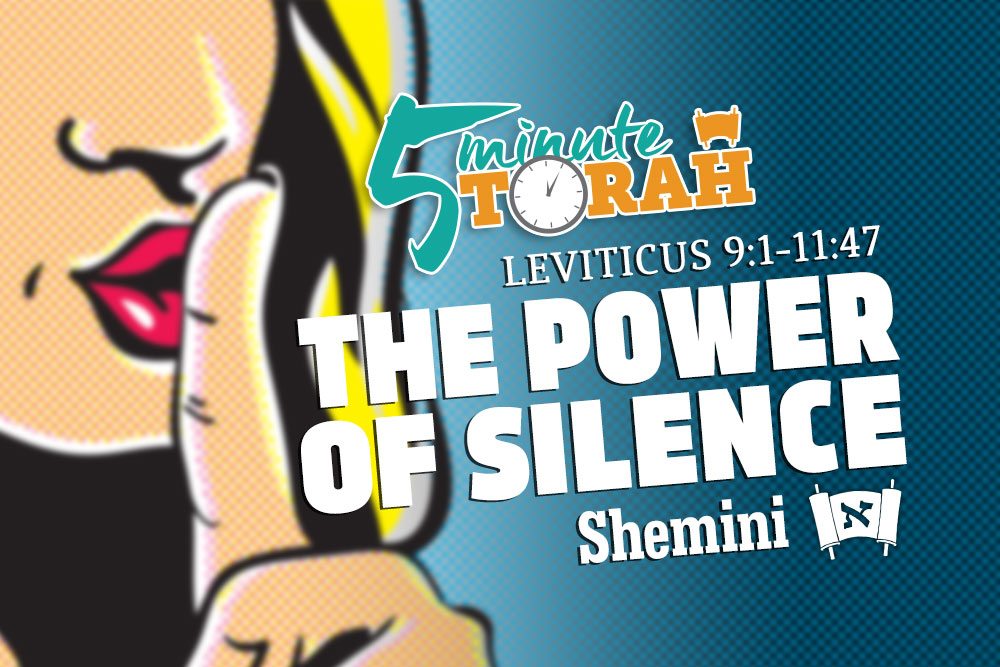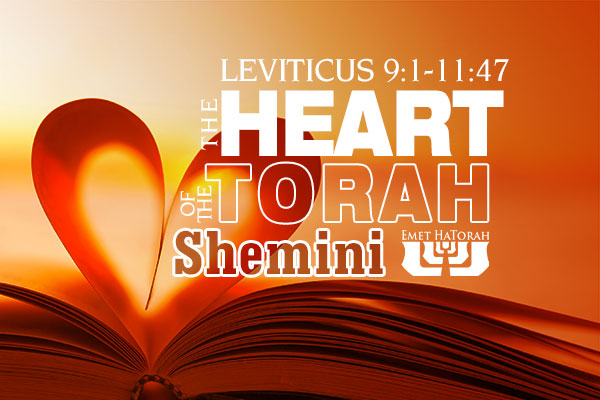Leviticus 25:1-26:2
Parashat Behar begins, "The LORD spoke to Moses on Mount Sinai, saying..." We get the name of the parashah from this opening line. The word behar, in Hebrew, means "on the mountain." But why do we need to know this information? Didn't all of the commandments and instructions given by Moses originate at Sinai when he was given the Torah in its entirety? Why hasn't the Torah reiterated this fact prior to our current reading? Why do we need to be reminded of this obvious fact?














